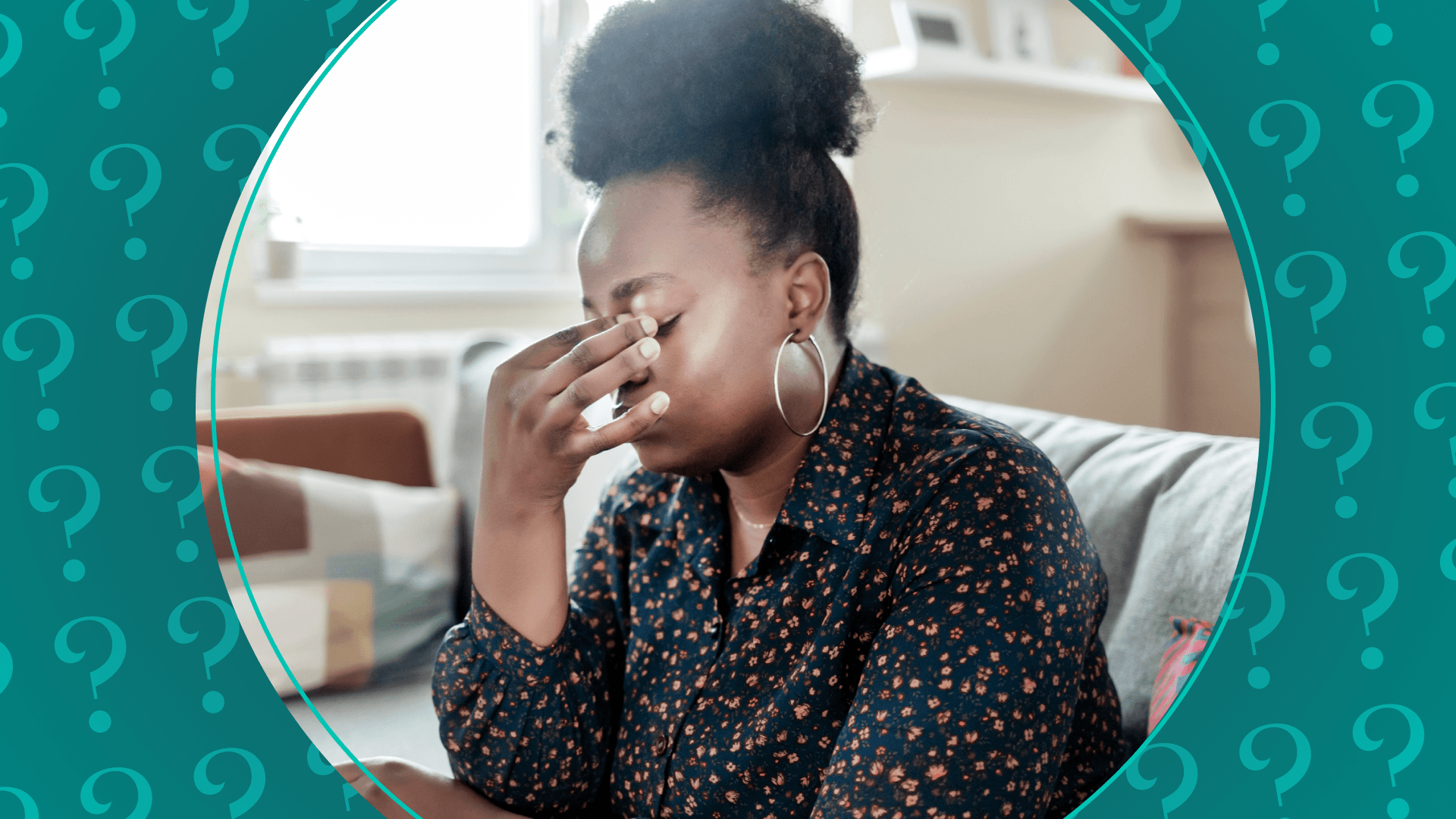When you’re going through a particularly difficult time, it can be hard to recognize the difference between sadness and depression — especially if your sadness doesn’t seem to be going away. But knowing the difference between depression vs. sadness can help you heal.
Sadness is typically shorter-lived than clinical depression, and often associated with something identifiable. Depression, which can last for weeks or months, isn’t something you can easily snap out of. Unlike sadness, depression can even come with physical symptoms such as fatigue or pain.
To be clear, no matter if you’re dealing with general sadness or clinical depression, both are valid. And there’s never a wrong time to seek help. Anna Aslanian, LMFT, certified EMDR therapist, and founder of My Therapy Corner, explains how to spot the difference between sadness vs. depression, how to navigate your emotions, and why there’s no shame in asking for help.
Featured expert:

Anna Aslanian, LMFT - Certified EMDR therapist, and founder of My Therapy Corner
theSkimm: How can I tell if I’m depressed or just feeling sad?
Aslanian: “Everyone feels sad sometimes. That’s normal. It [can be] difficult not to get attached to negative thoughts you may have. Sometimes you [take] them as facts, and it’s hard to separate from them.
“[If that happens], don’t judge yourself. Your emotions are there to guide you [and] to help you understand when something is off. [Try being] curious about them instead of wanting difficult feelings to go away. By gently paying attention to your emotions [and] allowing them to tell you what they need to share, you are preventing an outcome of worsening symptoms and disconnection from yourself and the world.
“However, if you can’t shake off these feelings, it may be helpful to ask for help. If it’s becoming severe enough where … you can’t get out of bed, it’s affecting your sleep, you have no energy, have [suicidal thoughts], if you feel hopeless most days, please seek support. A licensed professional can assess and diagnose you. People get better every day. Healing is possible.
“If you choose not to feel your feelings, they won’t go away. They will only speak louder and louder until you are forced to stop and listen. Quite often, this can look like [physical] symptoms [such as] headaches, digestive problems, [or] muscle pain. You don’t have to feel all of your feelings right away. [It] can be overwhelming, but finding someone safe, like a therapist, or a coping method to slowly unpack your feelings, [such as] journaling, can be the first step.
“Don’t wait too long [to get help]. The sooner you seek help, the better it will be for you.”
Ask an Expert is for informational purposes only, does not constitute medical advice, and is not a substitute for professional medical advice, diagnosis, or treatment. Always seek the advice of your physician, mental-health professional, or other qualified health provider with any questions you may have regarding a medical condition. By submitting a question, you are agreeing to let theSkimm use it—in part or in full—and we may edit its answer for length and/or clarity.
Live Smarter
Sign up for the Daily Skimm email newsletter. Delivered to your inbox every morning and prepares you for your day in minutes.
